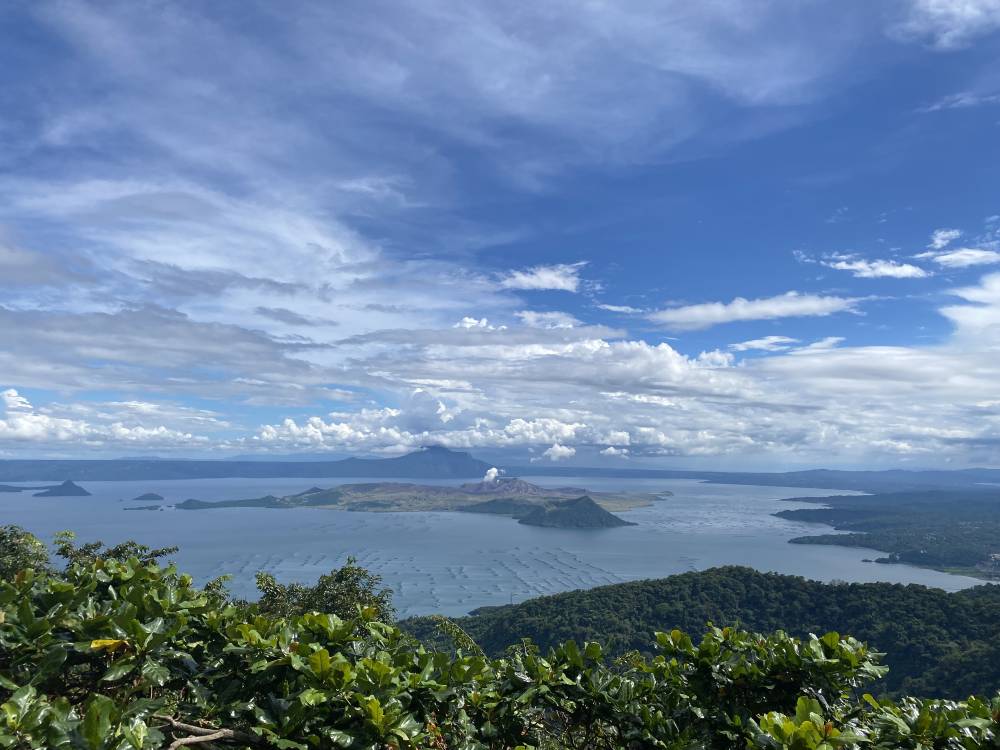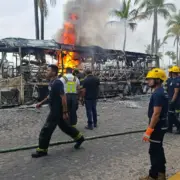Taal vog prompts class suspension in Batangas

Classes were suspended in at least four towns in Batangas province as volcanic smog or “vog” from Taal Volcano’s phreatic (steam-driven) eruption on Thursday morning started to spread.
The local governments of Lian, Balayan, Nasugbu and Calatagan, in their respective Facebook pages, announced the suspension of classes. School authorities were advised to shift to modular and online learning in the meantime.
The Philippine Institute of Volcanology and Seismology (Phivolcs) said the minor phreatic eruption at the volcano’s main crater at 7:21 a.m. produced a 2,800-meter high plume which drifted southwest.
In its Thursday bulletin, Phivolcs reported that the volcano released a “voluminous emission” of 2,256 metric tons (MT) of sulfur dioxide from its main crater in the past 24 hours.
According to Phivolcs, the volcano remains under alert level 1, which means that “sudden steam-driven or phreatic explosions, volcanic earthquakes, minor ash fall and lethal accumulations or expulsions of volcanic gas can occur and threaten areas within the Taal Volcano Island.”
Vog can irritate the eyes, nose and throat. Health authorities warned that people with asthma, lung or heart disease, the elderly, pregnant women and children were especially vulnerable.
Earlier this month, the agency issued two other notices for minor phreatomagmatic activity at Taal Volcano, which were “likely driven by sudden contact of water with a small branch of shallow magma” under the main crater.
Given the current alert level, Phivolcs recommended that entry to Taal Volcano Island, known to locals as “Pulo,” and to the permanent danger zone be strictly prohibited. It reminded the public that the volcano is still in “abnormal condition.”
On Wednesday, state volcanologists also detected another “small” steam-driven eruption, locally called “pusngat.”
On Oct. 8, the volcano had two phreatic eruptions that lasted for a minute to four minutes and another minor event the previous day.
On Saturday last week, the volcano had six minor phreatic eruptions lasting from one to three minutes; a four-minute minor phreatomagmatic eruption; and nine volcanic earthquakes, including two tremors that lasted six minutes.

















